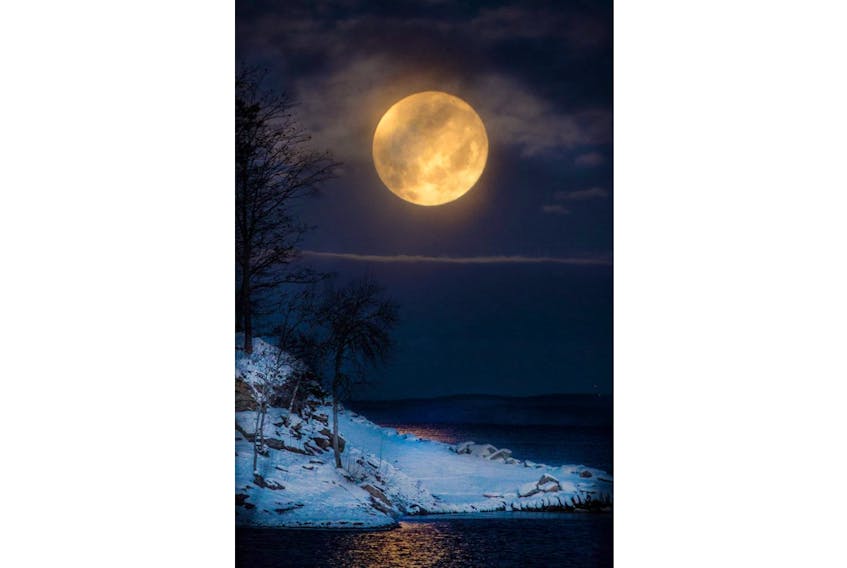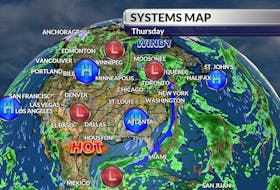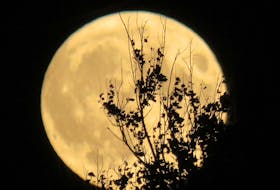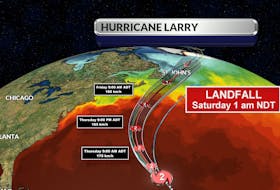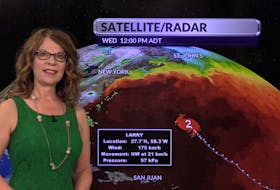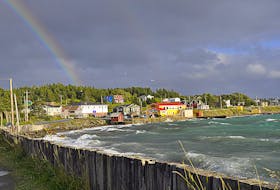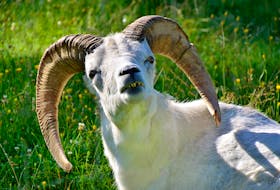Are you a good sleeper? It might be a personal question, but I love to hear that some people are. My father never needed more than about five hours of sleep a night. Mom, on the other hand, could sleep eight or 10 hours if Dad didn’t try to engage her in conversation long before sunrise each morning.

When it comes to sleep, I find – as time goes on – I am more like my father: if I happen to fall asleep by 11 p.m., I am wide awake just after four the next morning.
I’ve tried making notes of my evening habits: perhaps a late day workout would tire me out, maybe a long walk for some fresh air, how about a hot bath, herbal tea? Nothing seems to work.
The other day I was having a weather conversation with a stranger at the grocery store and before he walked away, he asked if I knew when the next full moon was? I told him, then I had to ask why.
He explained he doesn’t sleep well when the moon is full. I had never heard that one, so I looked into it.
I came across a study published in the journal Current Biology. Apparently if you’re tossing and turning at night the full moon may be to blame.
Participants in the study spent three days in a sleep lab where they couldn’t see clocks or any outside light. Researchers discovered that, during full moons, the participants took five minutes longer to fall asleep, slept 20 minutes less overall, and had 30 per cent less “deep sleep.” They were not made aware of the possible moon connection or the phase of the moon when they took part in the experiment.
Professor Jim Horne of the Sleep Research Centre at Loughborough University in London, England said “the effect is probably due to an internal ‘circalunar clock’ inside our brain, and not a direct effect of moonlight itself.”
Experts believe it’s carried over from ancient times when we were more dependent on moonlight. Before tractors had headlights, farmers used to work in the fields long after sunset around the day of the full moon. The moonlight allowed them to extend their work day and, in some cases, get crops in the ground or back in the barn before rain pushed in.
Tonight, Feb. 19, the moon is full. I hope it won’t keep you awake. The fact that it is called the “full snow moon, might.
- Have a weather question, photo or drawing to share with Cindy Day? Email [email protected]
Cindy Day is the chief meteorologist for SaltWire Network.
RELATED

